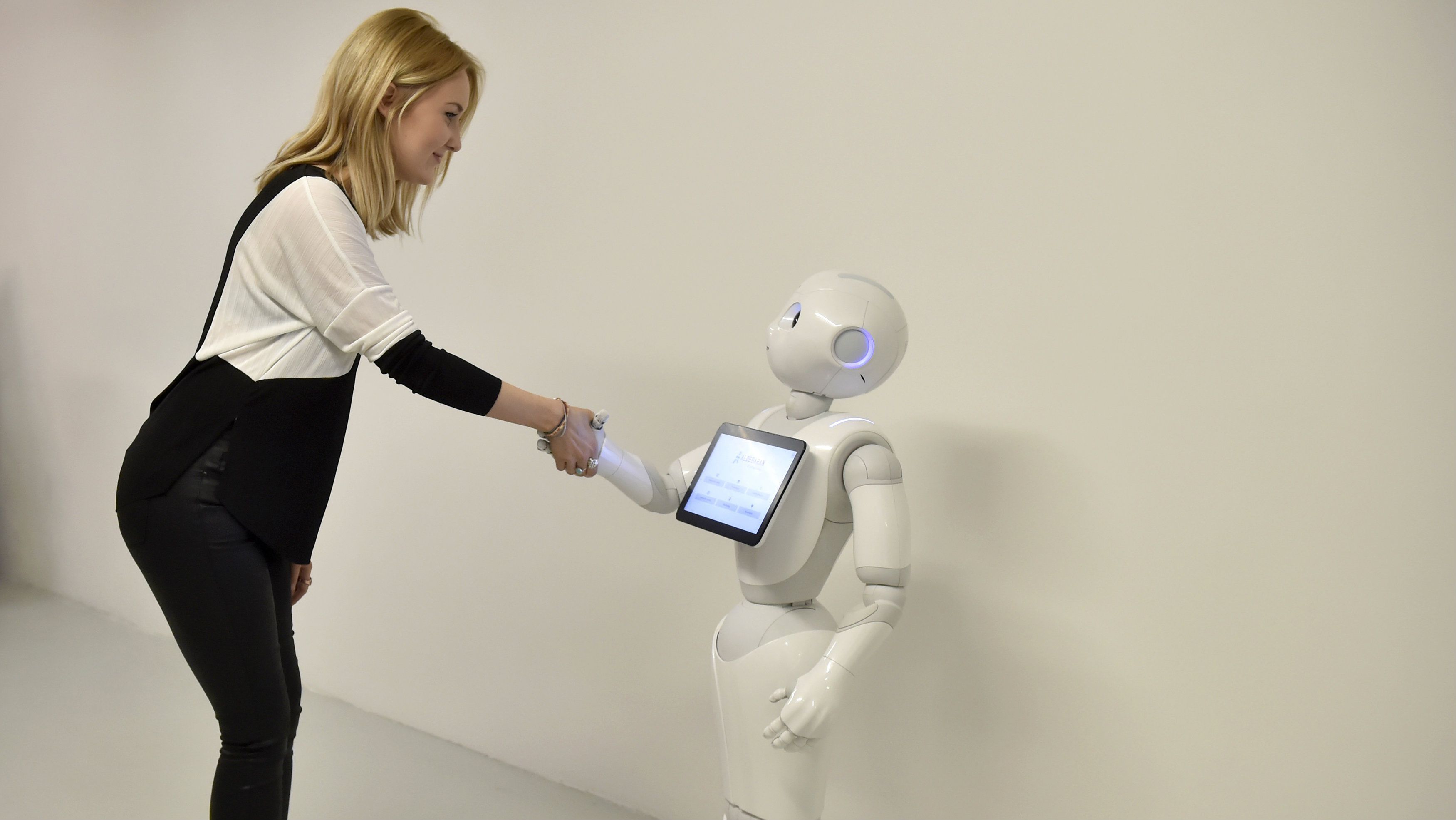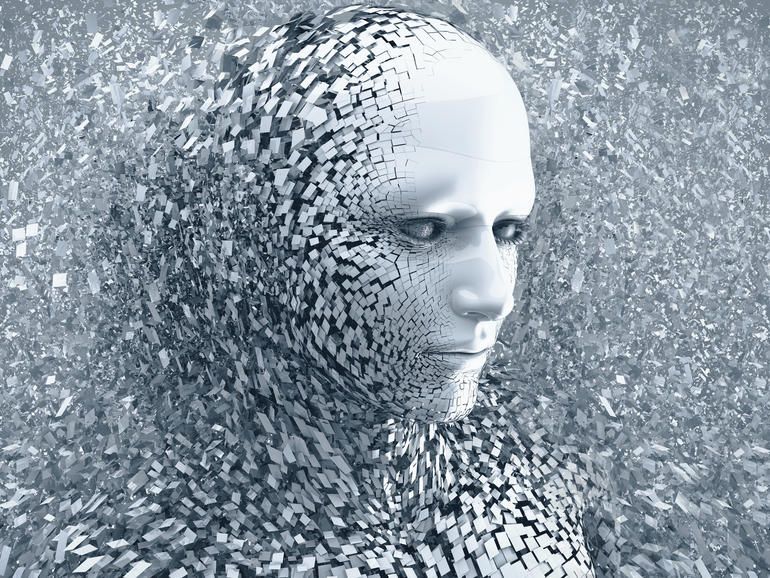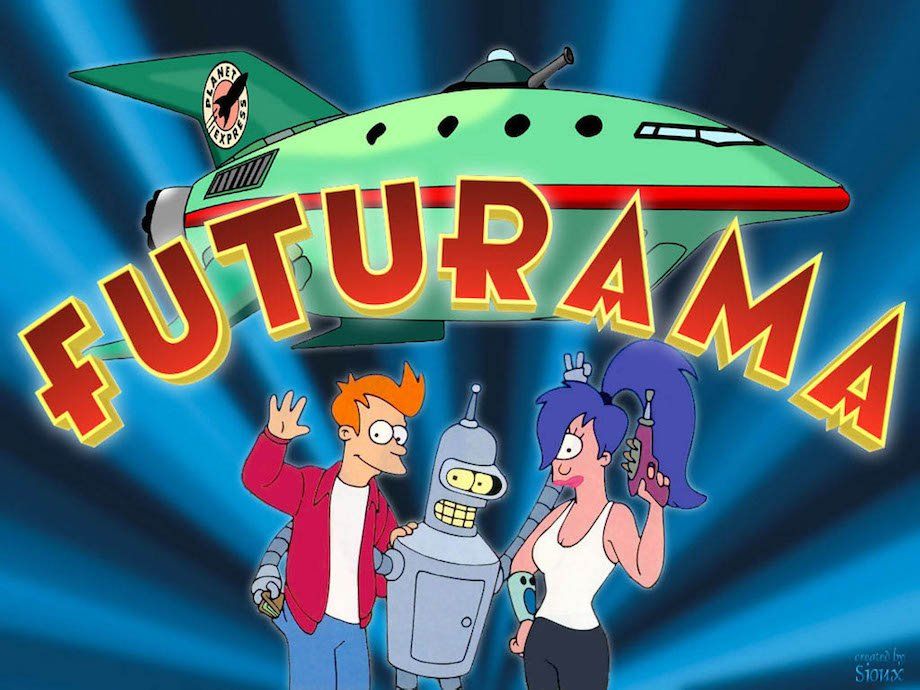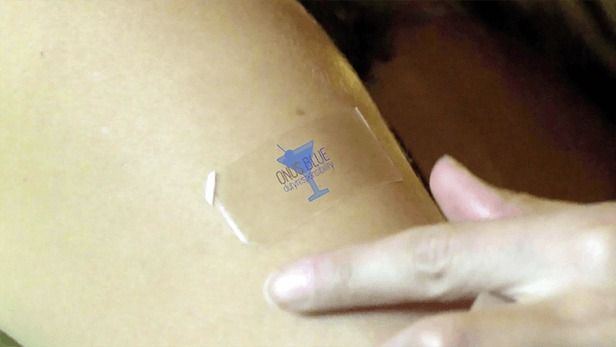The article does bring up many of the same points that many have raised with self driving cars; and folks still don’t seem to understand that we have thousands if not millions of laws in the US alone that must be reviewed and possibly changed to address this technology on the roads. When you look at every state, each county, and each town or city’s laws around driving on their roads; it could be a long and painful period for companies and consumers before the legal side of things catch up.
Self-driving car technology is not yet ready for prime time. Driver assist is.
The Legal challenges and potential liability are immense.
How to play the hype.
Currently, self-driving cars are the rage in technology circles. We do believe that, in certain environments, they could work well (such as closed-loop environments, i.e., a mining operation or a shuttle service on a closed track at an airport). But like other fads (Google glasses, nano tech, 3D TVs), we think self-driving cars will take more time to mature than many realize due to their inherent legal issues and safety concerns.









